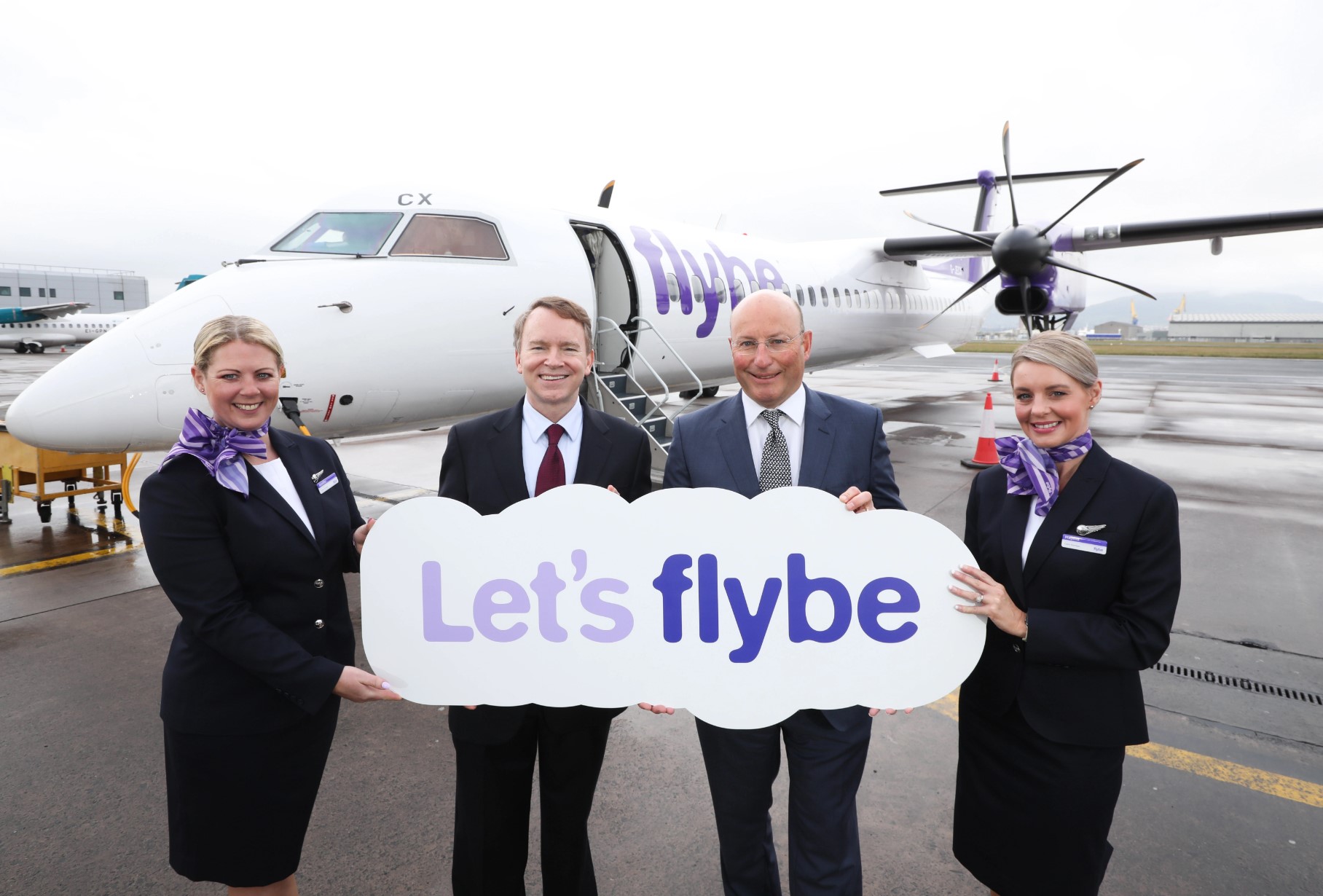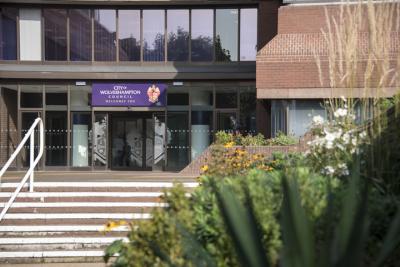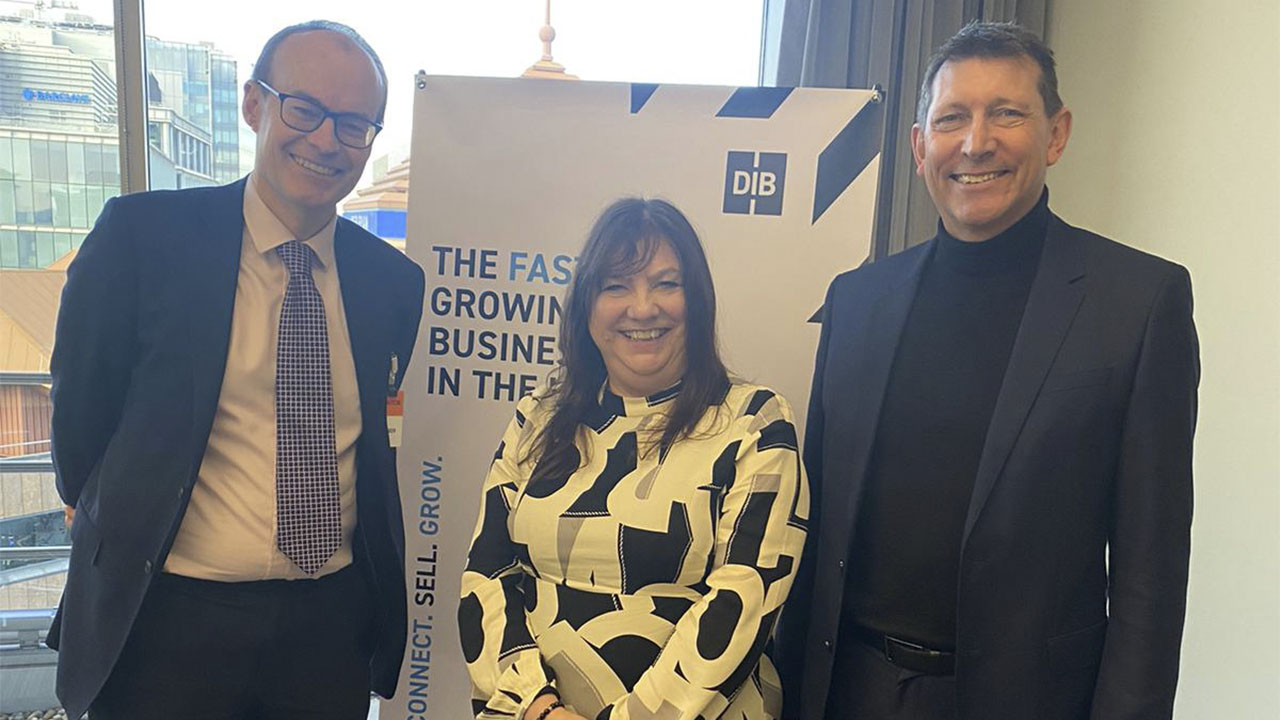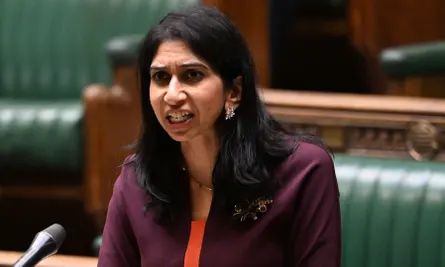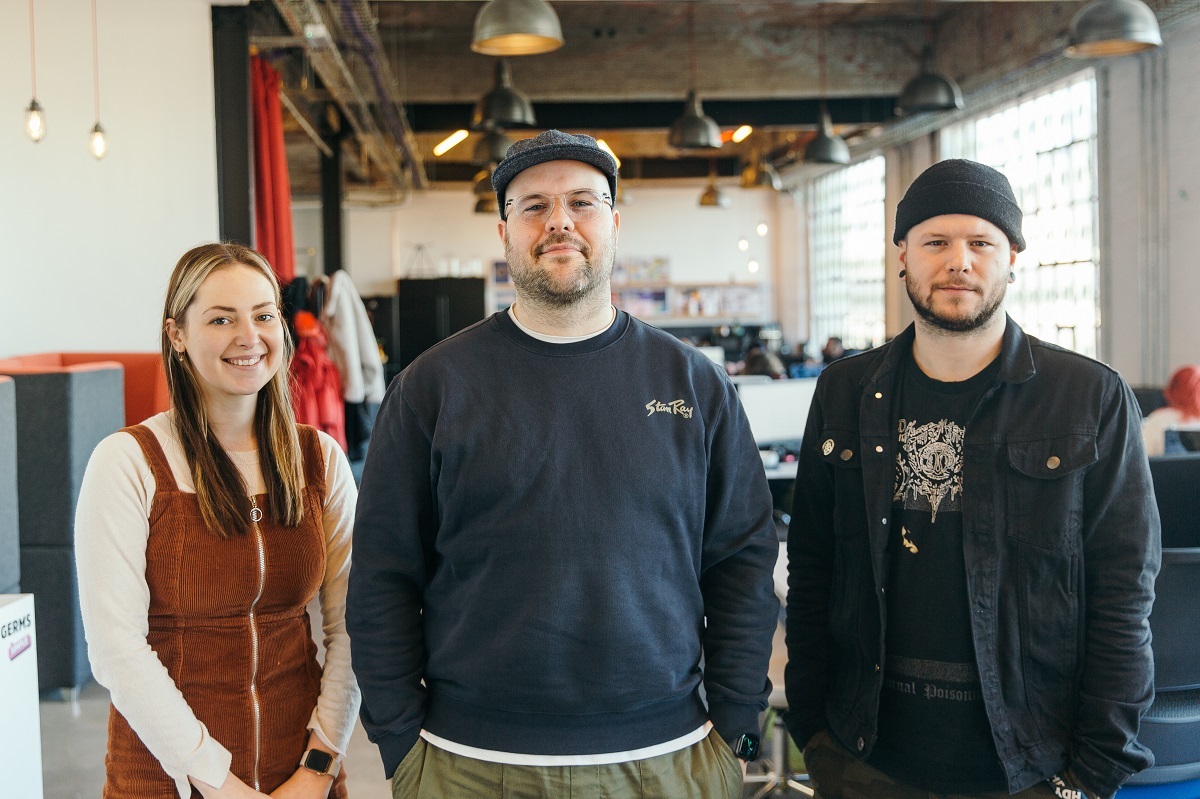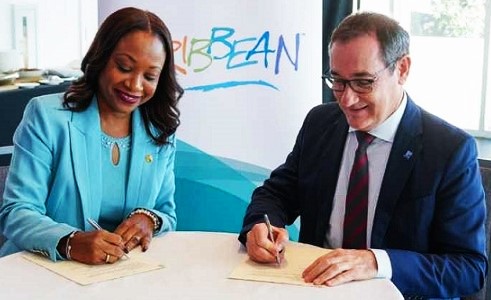What to do if booked on bankrupt FlyBe
FlyBe – which has just stopped operation and gone bankrupt - was the largest independent regional airline in Europe before 2019 It has 1931 staff. For anyone whose ticket was paid for on American Express, Diners Club, Discover, VISA, or MasterCard, are advised to contact their card issuer and dispute the charge – and get a refund.



